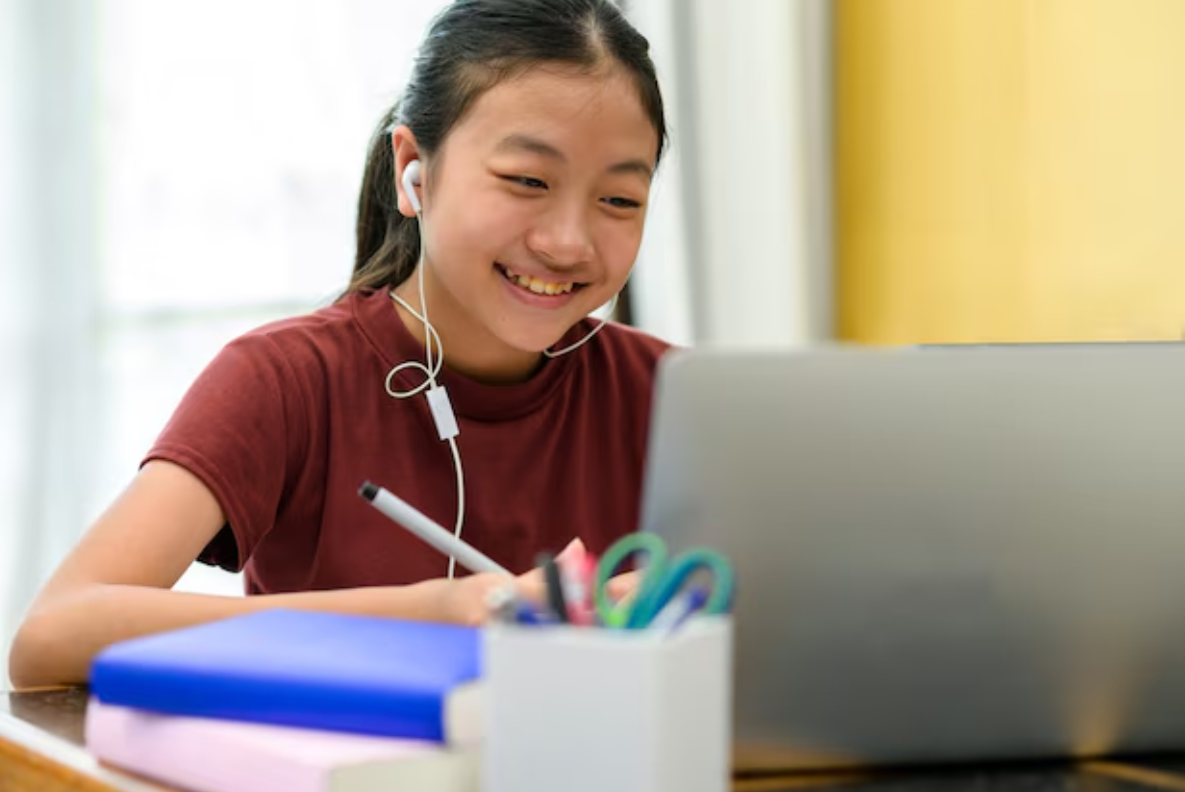In the 21st century, knowledge evolves every day, and the rapid pace of technological advancement means that what we learn today can quickly become outdated. For that reason, knowing how to learn is no longer an advantage – it has become an essential skill. In the past, students relied heavily on teachers to deliver knowledge; today, they must be able to independently explore, direct their learning, and take ownership of their growth. This is the foundation that enables students to adapt instead of falling behind in a constantly changing world.
Developing strong self-learning skills not only helps students improve academically but also nurtures long-term personal growth. A student who knows how to learn can process new information, solve problems creatively, and make independent decisions. This is exactly what universities and employers value – the ability to continuously grow rather than simply retain information.
Why Are Self-Learning Skills Important?
Self-learning brings benefits that extend far beyond the classroom. When students know how to learn effectively, they understand and remember knowledge more deeply, instead of memorizing only to pass tests. Self-learning expands critical thinking, allowing students to analyze, evaluate, and ask questions instead of accepting information passively.

More importantly, the process of exploring and solving problems independently builds confidence. Students begin to recognize that they have the ability to master knowledge. This sense of autonomy nurtures creativity and encourages them to discover new approaches instead of following set patterns. In the long run, self-learning is the key to future readiness – because in any academic or professional environment, the ability to learn continuously determines success.
Core Skills for Effective Self-Learning
To self-learn effectively, students need to develop several foundational skills. The first is the skill of asking questions. Asking questions is the starting point of knowledge, because only when students are curious and willing to inquire do they have the motivation to explore more deeply. A good student is not someone who has many answers, but someone who dares to ask big questions and seeks to understand them.

Next is the skill of researching and filtering information. In the era of data explosion, information is everywhere, but not all sources are reliable. Students need to learn how to use search tools intelligently, verify the origins of information, compare multiple sources, and draw conclusions based on synthesis. This is an essential competency that helps them avoid falling into the “fake news trap” and develop analytical thinking.
Time management is also an indispensable element. Self-learning requires discipline; without it, students can easily fall into procrastination or scattered learning. They need to set clear goals and create concrete plans to achieve them. Proper time allocation helps maintain focus and reduce pressure.
In addition, memorization and application skills play an important role. Active learning methods such as Active Recall (self-testing instead of rereading), Spaced Repetition (spaced review for long-term retention), or mind mapping can make learning more effective. When students not only memorize but also know how to apply knowledge in real contexts, self-learning truly becomes a tool for growth.
Finally, students need to know how to self-evaluate and adjust. The self-learning process is not always smooth. Regularly reviewing learning progress, checking levels of understanding, and identifying strengths and weaknesses will help students promptly adjust their methods to better suit themselves.
Building Self-Learning Skills Step by Step
Many students believe self-learning is difficult, but it can begin with small, simple steps. Start with subjects students enjoy to keep motivation high. Set a specific goa – such as mastering a set of Physics formulas within one week – then create a learning plan to achieve it.
During the process, use active learning methods: ask questions, self-test, draw mind maps, or discuss with peers. After each stage, evaluate progress: What percentage of the goal is achieved? What remains difficult? What should be changed? This cycle of reflection and improvement transforms self-learning into a sustainable habit.
The Role of Mentors in Developing Self-Learning

Even though self-learning is personal, it doesn’t mean students must walk alone. An experienced mentor can help guide direction from the beginning, preventing wasted time on ineffective methods. Mentors offer timely feedback, identify areas for improvement, and support motivation.
Every student has a unique learning style – some thrive in groups, while others excel through independent practice. Mentors help students discover and personalize their own learning approach for maximum efficiency.
Self-learning is the key for 21st-century students not only to succeed academically, but to confidently step into any environment with creativity and resilience. It is a lifelong skill that empowers continuous development and adaptation in an ever-changing world.
At Mentors14, we support students through our personalized 1:1 Mentoring Program, helping them develop self-learning skills in a structured and effective way. Our mentors guide students to discover the right methods, maintain motivation, and gradually take ownership of their learning journey.
Learn how to learn today – build the future tomorrow.
Read the Vietnamese version here.


 VIE
VIE